Less than two weeks until the official start of the Atlantic hurricane season, Federal Emergency Management Agency acting Administrator David Richardson has rescinded the agency’s strategic plan, a comprehensive policy document that outlines the disaster relief agency’s priorities.
In a short memo sent to FEMA employees on Wednesday and obtained by CBS News, Richardson wrote, “The 2022-2026 FEMA Strategic Plan is hereby rescinded. The Strategic Plan contains goals and objectives that bear no connection to FEMA accomplishing its mission. This summer, a new 2026-2030 strategy will be developed. The strategy will tie directly to FEMA executing its Mission Essential Tasks.”
The memo authored by Richardson was brief — the new agency head now requires that all FEMA memos to, from or for his office be no longer than one page in length, according to multiple current FEMA employees.
FEMA did not immediately respond to a CBS News request for comment.
Wired was the first to report that the plan had been rescinded.
One FEMA official described the strategic plan to CBS News as the agency’s “organizational backbone.”
“Without it, there are just a bunch of offices doing whatever they feel like doing,” the official said.
The strategic plan, which was published in December 2021 under former administrator Deanne Criswell, was set to expire in 2026. The plan no longer appears on FEMA’s website.
Criswell, in a news release at the time the plan was published, laid out three main goals for the agency: “Instill Equity as a Foundation of Emergency Management,” “Lead Whole of Community in Climate Resilience” and “Promote and Sustain a Ready FEMA and Prepared Nation.”
The official told CBS News Richardson is now trying to figure out how to operate FEMA so that it does nothing more or less than what the law requires. Part of that includes nixing the agency’s Office of Resilience Strategy.
“That office exists to figure out how to maximize efficacy of publicly spent money on projects that build a resilient infrastructure that can withstand disaster events,” the official said. “Without that guiding star, FEMA will operate as triage instead of actually trying to mitigate future damage before it happens.”
The official compared the removal of the ORS to people relying solely on emergency rooms for health care rather than also getting preventative care.
“A primary care physician would’ve been able to tell you that you have a disease that makes your blood not clot properly. Pulling the Office of Resilience Strategy out of the equation means that you’ll bleed out and die from a paper cut because nobody was around to tell you that your life was at risk in the first place,” the said.
The move to rescind the strategic plan comes a little over a week after an internal agency presentation featured a slide that noted, “As FEMA transforms to a smaller footprint, the intent for this hurricane season is not well understood, thus FEMA is not ready.”
A Department of Homeland Security official told CBS News in response that FEMA is “fully activated in preparation for Hurricane Season,” and described the assessment as “one line in a nineteen-page slide deck and the unsubstantiated opinion of one official inside the agency.”
The presentation also cited “culture issues,” staffing shortages and problems coordinating with other federal agencies among the issues it was contending with.
President Trump, who has been critical of how the agency responded to past disasters, has suggested transforming it into a “support agency” that largely defers to the states or scrapping FEMA entirely.
Richardson has been FEMA’s acting administrator for less than two weeks, replacing the agency’s former acting head, Cameron Hamilton, who was fired by the Trump administration after he told lawmakers he doesn’t believe eliminating FEMA is in the country’s “best interests.”
contributed to this report.
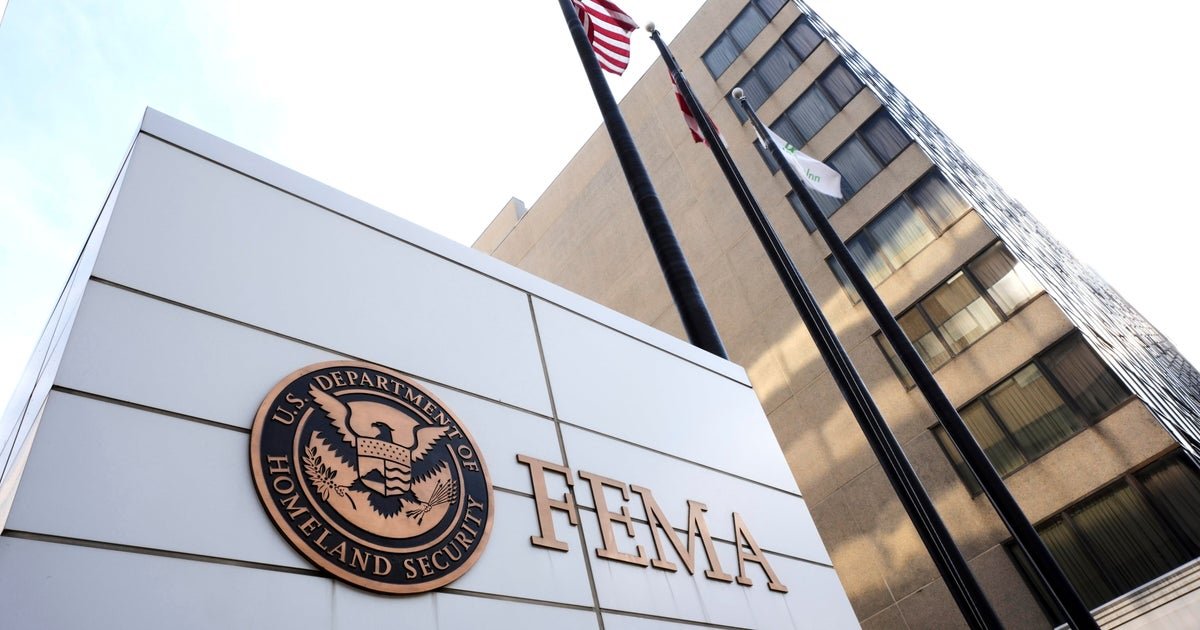
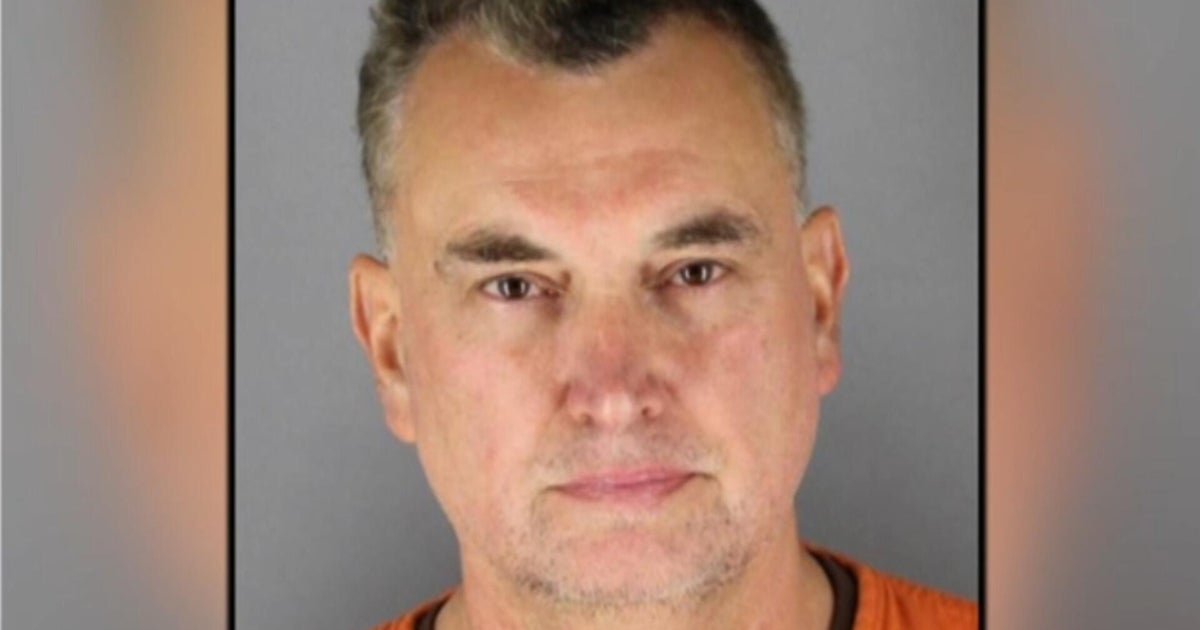


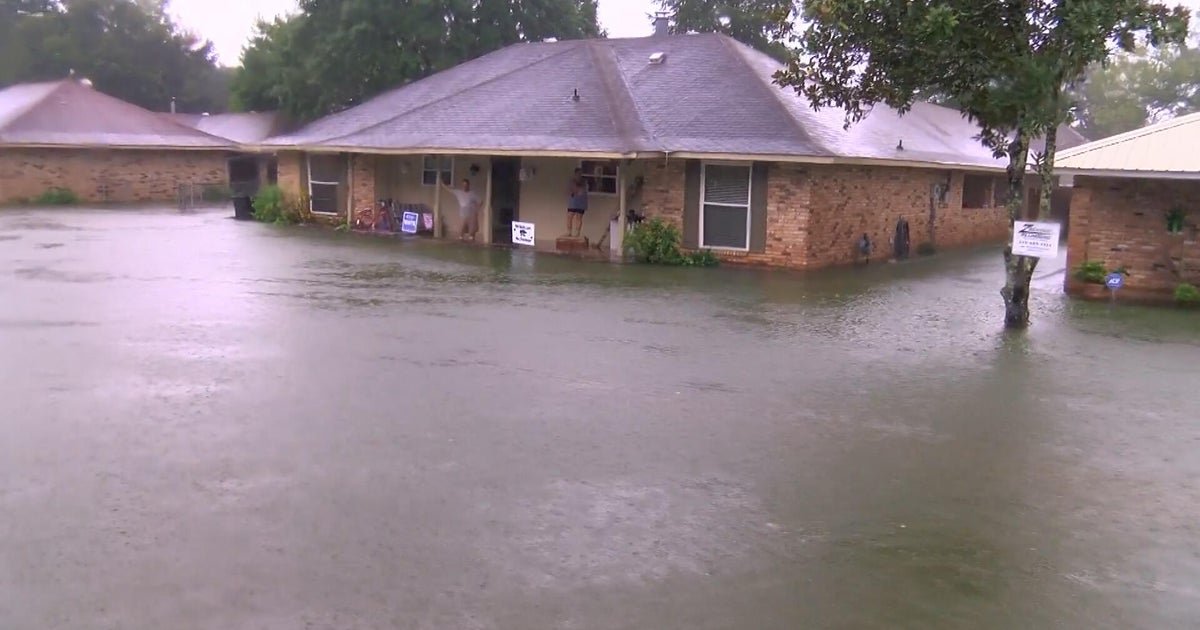
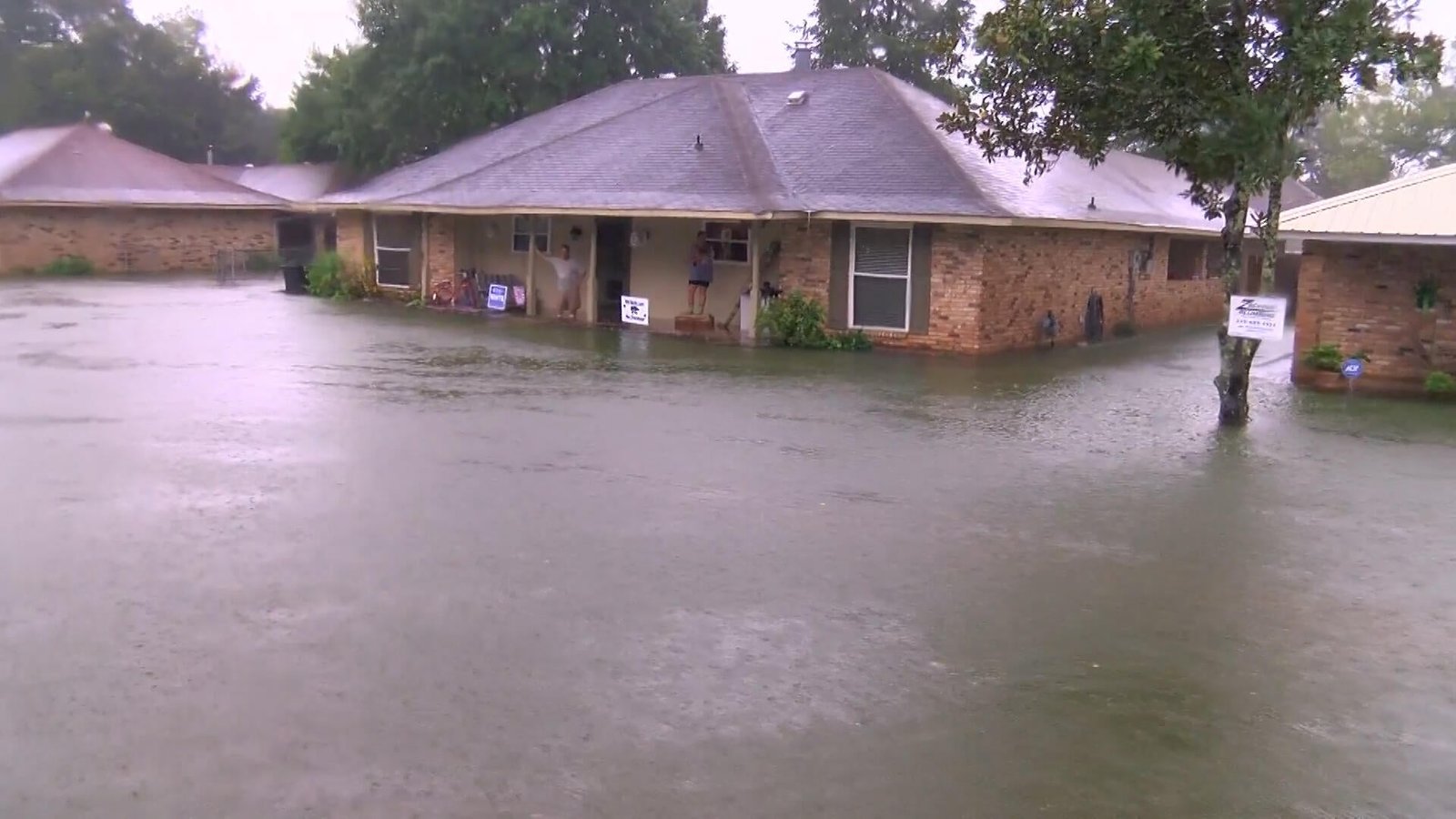


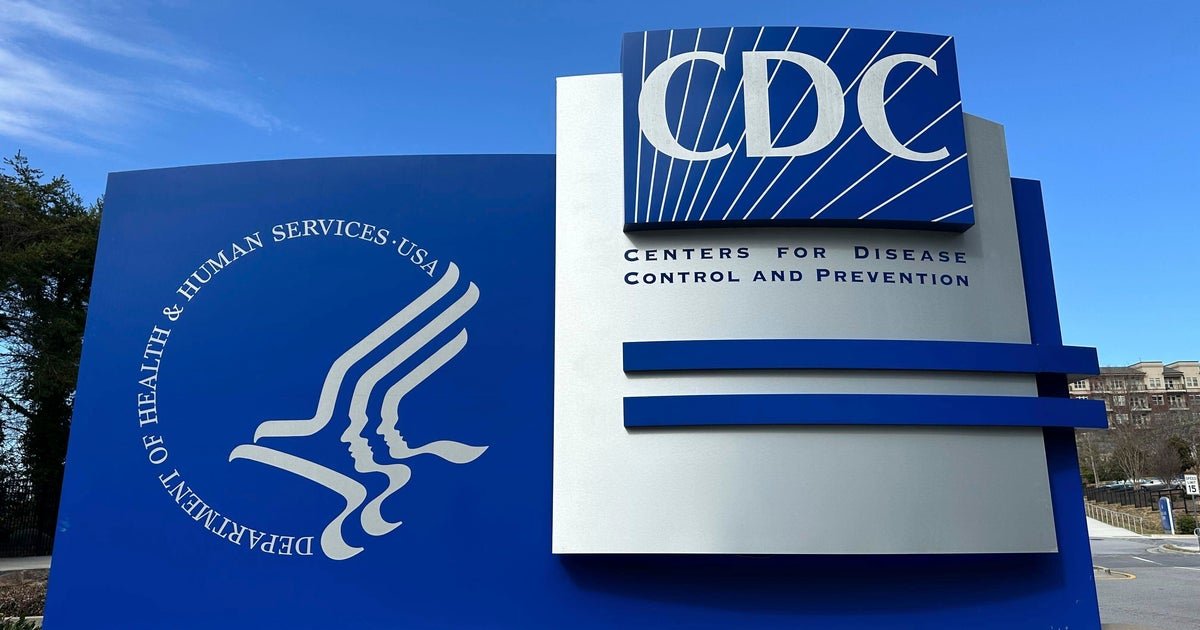






Leave a Reply